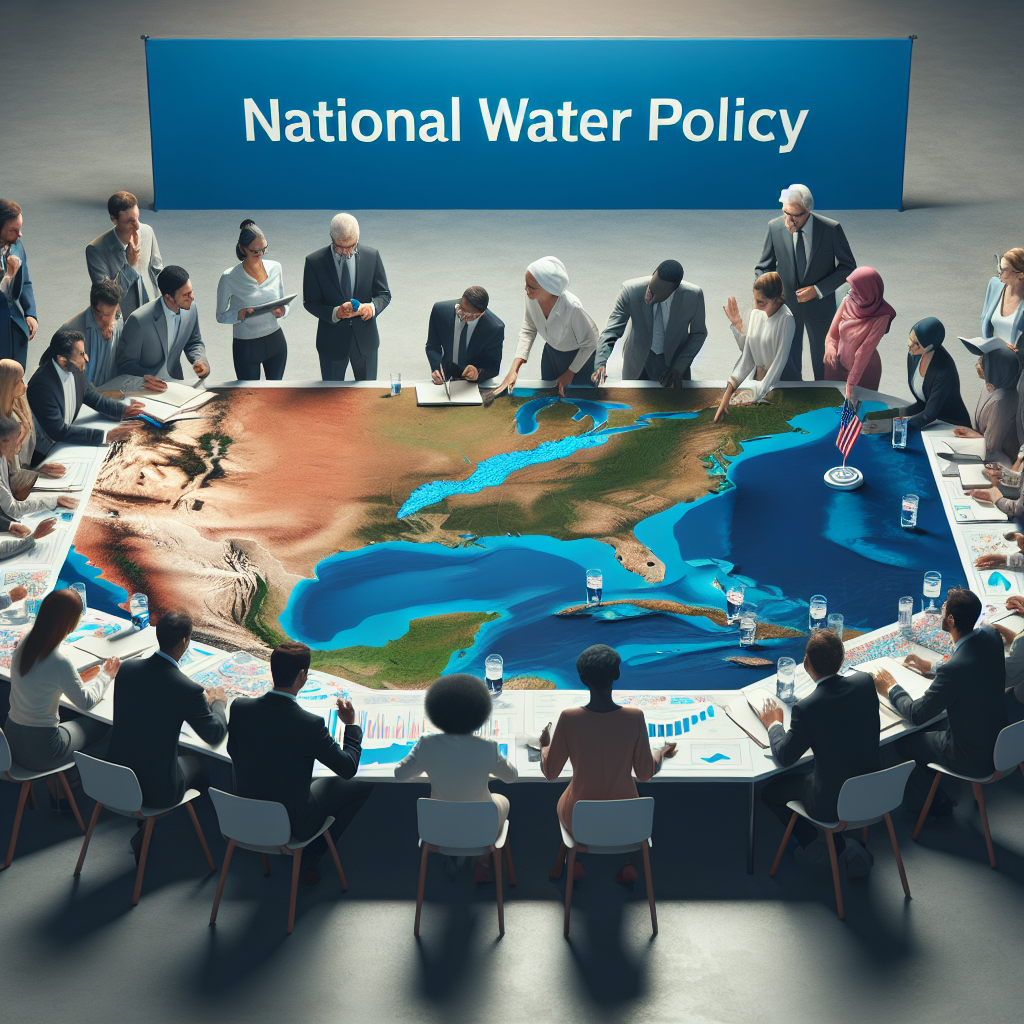Sierra Leone Accedes to UN Water Convention, Strengthening Water Cooperation
This statement underscores how Sierra Leone sees water diplomacy not only as an environmental priority but also as a strategic tool for regional integration and stability.

- Country:
- Sierra Leone
Sierra Leone has taken a historic step in advancing sustainable water governance by officially acceding to the United Nations Convention on the Protection and Use of Transboundary Watercourses and International Lakes (UN Water Convention). The accession was formalized in a high-level ceremony at the UN headquarters in New York during the 80th session of the UN General Assembly, marking a milestone in the nation’s growing commitment to cooperative water management at both national and regional levels.
Expanding West Africa’s Role in Global Water Governance
By joining the Convention, Sierra Leone becomes part of a coalition of West African states— including Côte d’Ivoire, Gambia, Ghana, Guinea Bissau, Nigeria, Senegal, and Togo— that have committed to aligning their water governance with international standards. The UN Water Convention now counts 57 Parties worldwide, with 13 from Africa. This growing regional participation highlights Africa’s recognition that transboundary water cooperation is vital for peace, security, and climate resilience.
Political Commitment and National Leadership
Minister of Water Resources and Sanitation, Sao-Kpato Hannah Isatta Macarthy, praised the decision as a product of strong national leadership:
“Sierra Leone’s accession to the UN Water Convention, under the astute leadership of His Excellency the President, Retired Brigadier Dr Julius Maada Bio, will further enhance transboundary water cooperation, reduce the risk of conflict over shared water resources, foster peaceful cooperation and deepen economic cooperation within the Mano River Union.”
This statement underscores how Sierra Leone sees water diplomacy not only as an environmental priority but also as a strategic tool for regional integration and stability.
International Recognition and Africa’s Momentum
Tatiana Molcean, Executive Secretary of the UN Economic Commission for Europe (UNECE), commended the move, noting that over 90% of Africa’s freshwater lies in shared river basins:
“Sierra Leone’s accession to the UN Water Convention further consolidates the strong momentum for water cooperation in Africa. I encourage all countries sharing water with neighbouring states to harness the Convention for cooperation to strengthen peace, security, climate change adaptation and sustainable development.”
This international support reflects a broader momentum across Africa, where shared river systems are increasingly seen as avenues for regional cooperation rather than conflict.
Climate Change Pressures and Water Security
Sierra Leone’s decision comes against a backdrop of climate change impacts that threaten water availability across West Africa. Changing rainfall patterns, prolonged dry seasons, and rising competition for freshwater are intensifying pressure on water systems. For Sierra Leone, a country of 8.6 million people located at the heart of hydrologically interconnected West Africa, effective water governance is crucial.
The country shares the Moa, Great and Little Scarcies, and Mano River basins with Guinea and Liberia. These shared rivers are not only vital sources of freshwater but also underpin livelihoods, agriculture, hydropower, biodiversity, and ecosystem services for millions of people in the region.
Building Institutional and Technical Capacity
By acceding to the Convention, Sierra Leone is strengthening its institutional and technical capacity to manage shared rivers. The move reflects an effort to:
-
Prevent potential water-related conflicts
-
Improve regional coordination and data-sharing
-
Support food and energy security
-
Enhance resilience to climate and population pressures
-
Protect ecosystems and biodiversity
This step builds on Sierra Leone’s engagement since 2022, including active participation in Convention activities and a major National Workshop held in January 2024. That workshop brought together government ministries, local water committees, parliamentarians, regional organizations, academics, and civil society to explore the obligations and benefits of accession.
A Broader Continental Imperative
According to the 3rd global cycle of reporting on SDG Indicator 6.5.2 (2024), Africa hosts 64 transboundary rivers, lakes, and aquifers. This reality makes cross-border water cooperation a necessity to adapt to climate change, maintain peace, and secure sustainable access to water resources.
Sierra Leone’s accession is therefore not only a national achievement but also part of a continental shift toward building cooperative frameworks for sustainable water use. It signals Sierra Leone’s readiness to play a stronger role in shaping water diplomacy in West Africa and to work closely with neighbours in the Mano River Union for shared prosperity.










